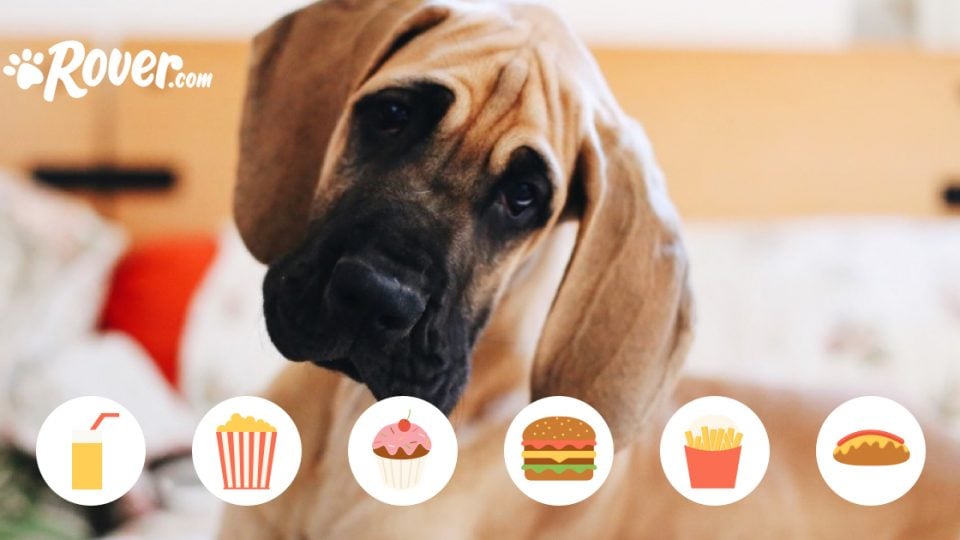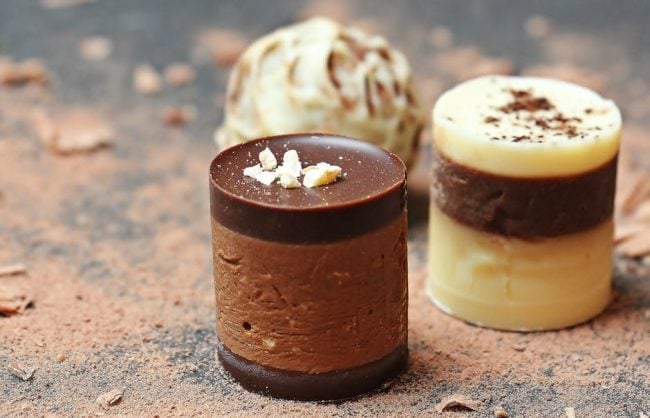No! Chocolate is fatally toxic to dogs. Even a tiny amount can poison your pet. Dogs cannot metabolize theobromine, a component of chocolate, so it quickly builds to toxic levels and can lead to death. White chocolate has lower levels of theobromine, but is still dangerous in any amount. The typical treatment is to induce vomiting as quickly as possible after the chocolate has been ingested, so you must take your dog to your veterinarian or an animal hospital immediately.
If your dog eats white chocolate, they need emergency veterinary care. Do not wait for warning signs. Untreated, they will likely experience these symptoms of poisoning:
- Dehydration
- Diarrhea
- Panting
- Shaking
- Seizures
Ultimately, white chocolate can kill your dog. If you suspect ingestion, seek immediate care.
For More Information
We’ve got tons of articles about which foods are safe or dangerous for your dog, from common snacks to fruits. You might also be interested in “Can My Dog Eat Chocolate?”



